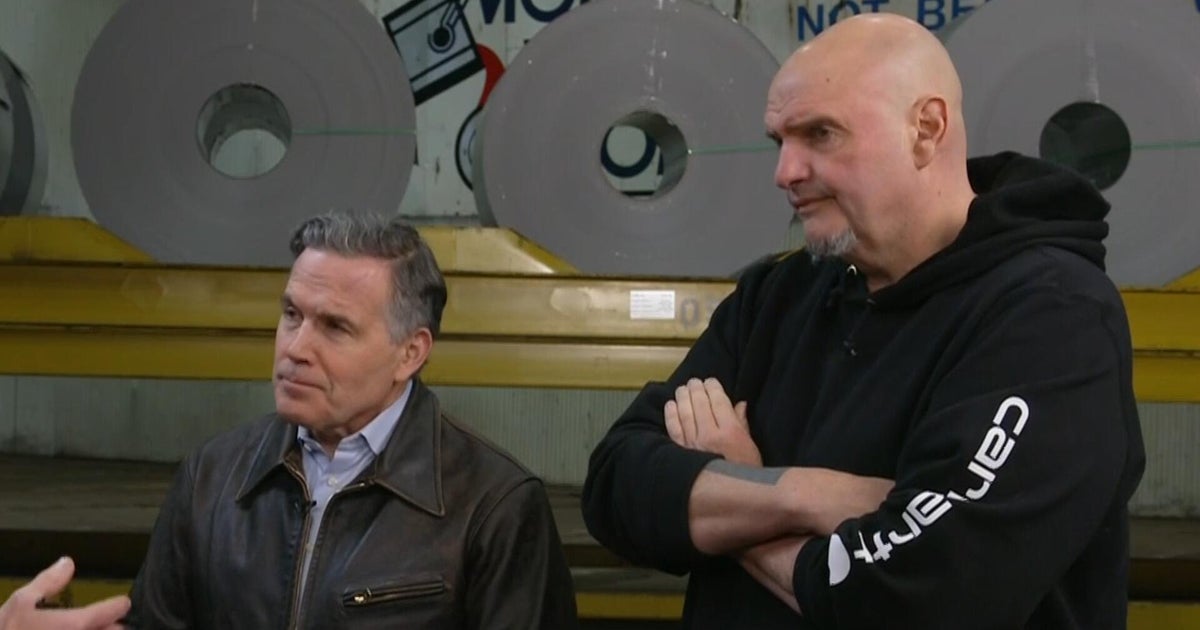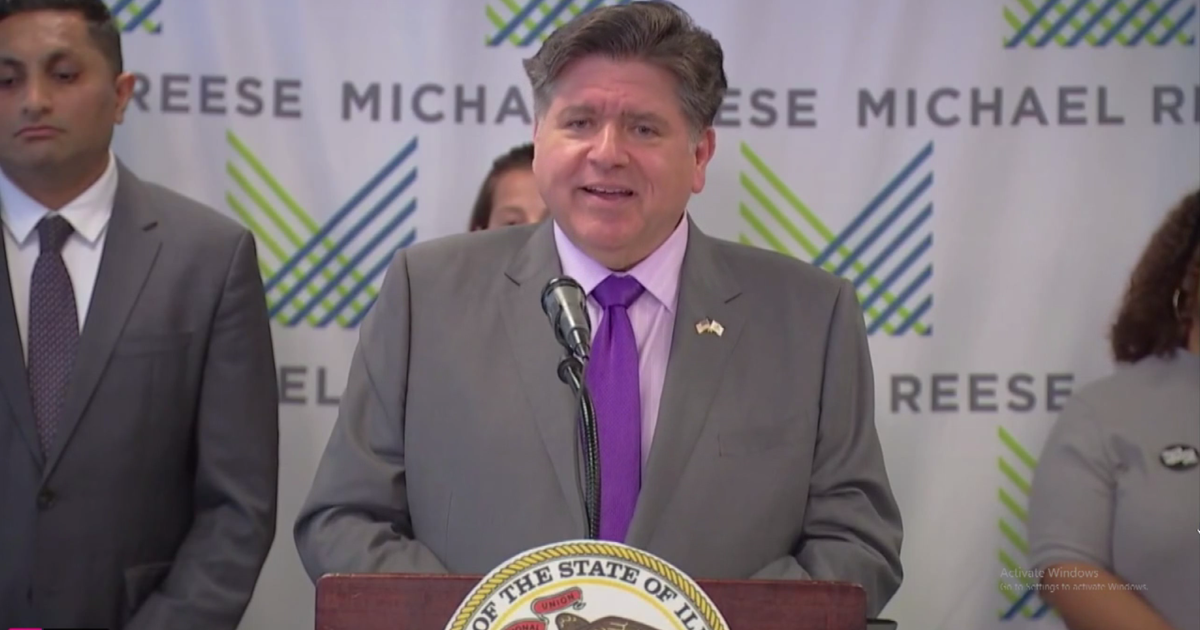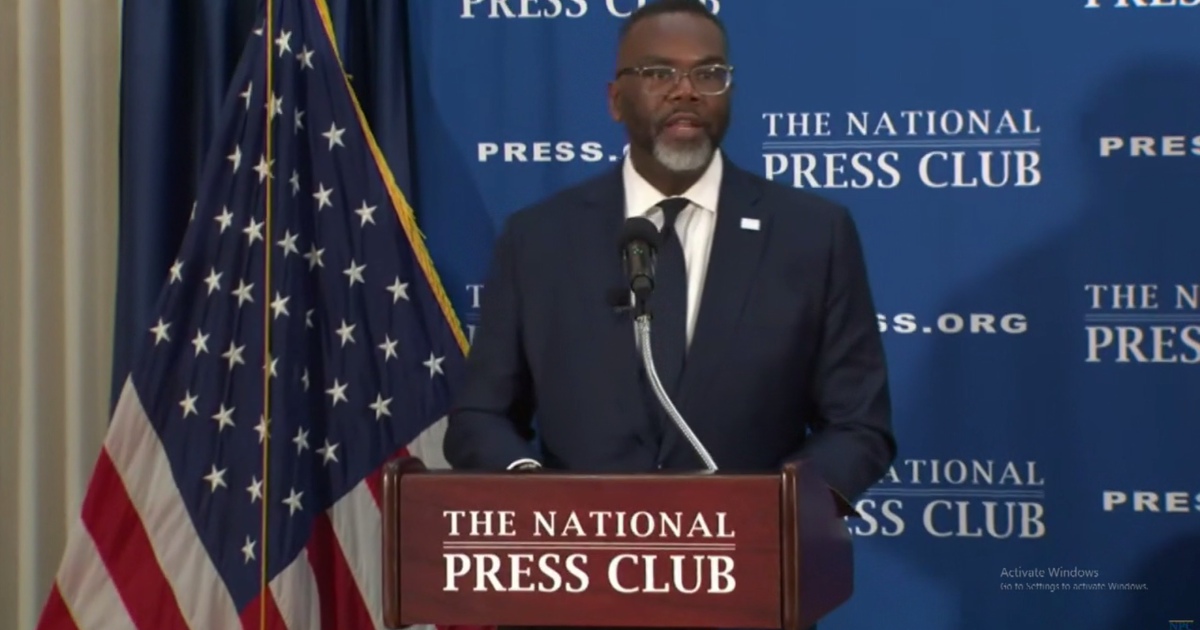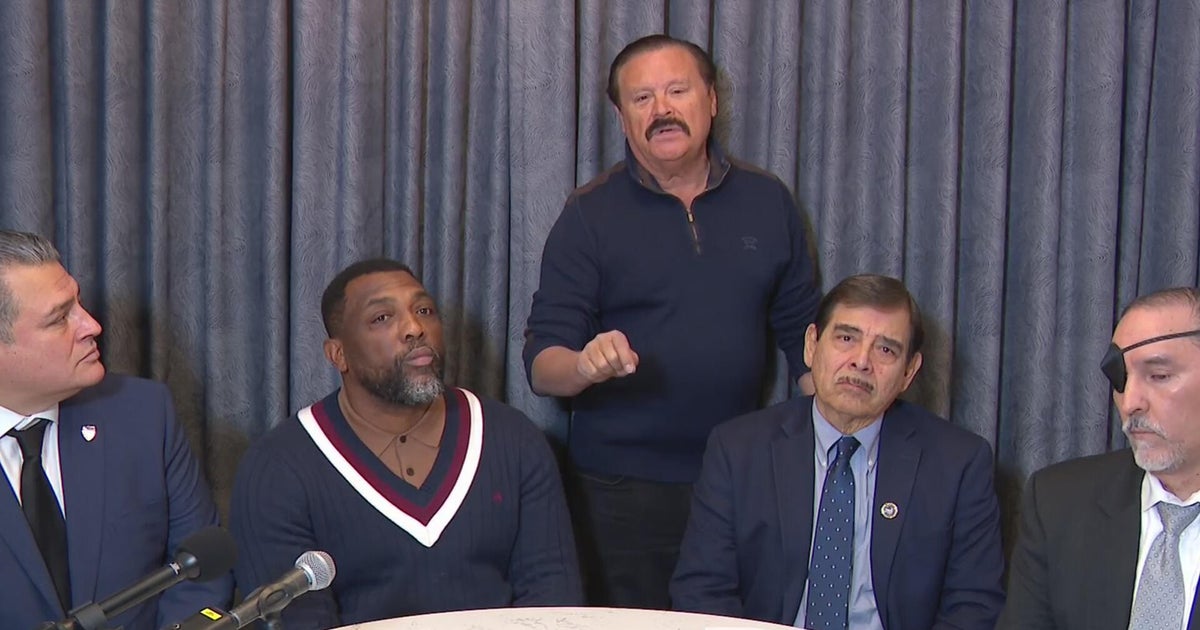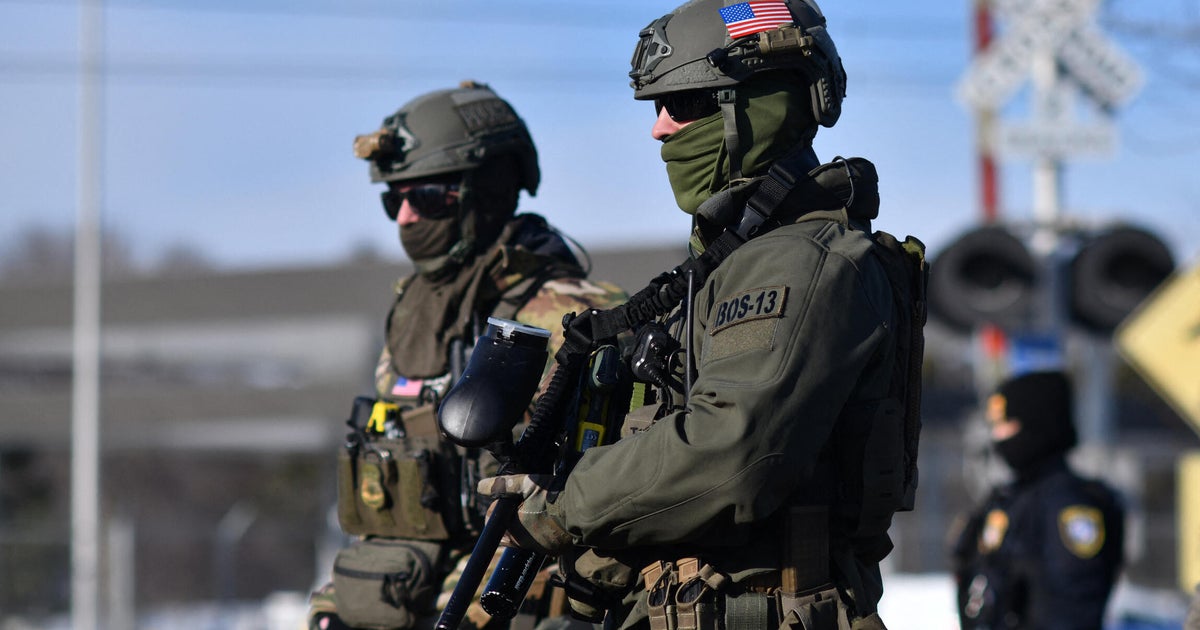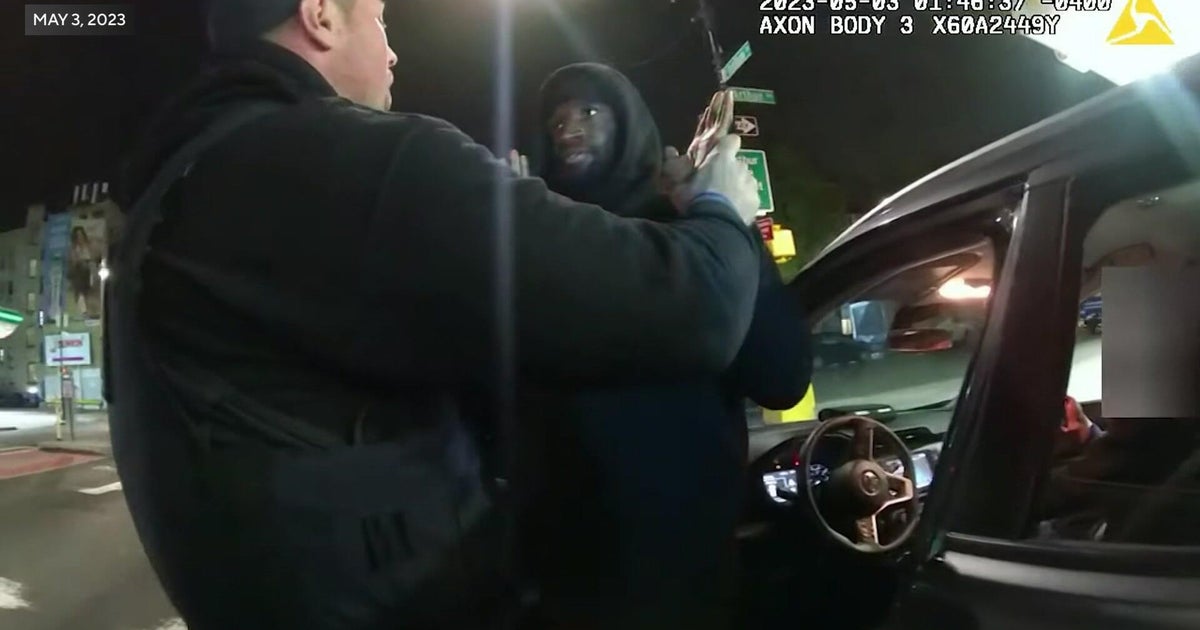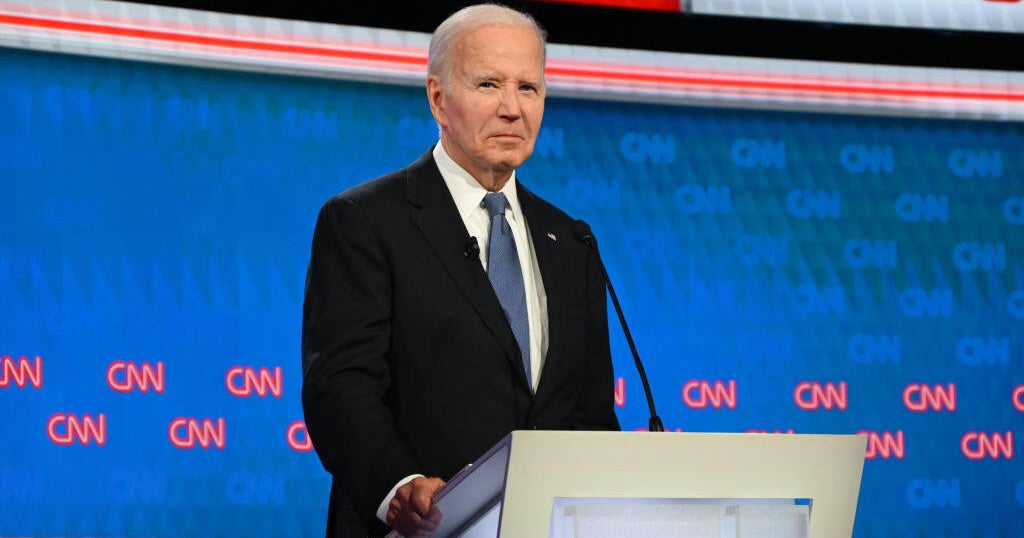Chicago police, Secret Service discuss security plan for Democratic National Convention
CHICAGO (CBS) -- City officials and the U.S. Secret Service discussed their security plan for this summer's Democratic National Convention in Chicago on Wednesday.
The Secret Service said the convention is a national security event, with President Joe Biden expected to be formally nominated for a second term – and they're still ironing out some details on how to keep Chicagoans and convention guests safe.
Police Supt. Larry Snelling said Chicago police officers have been undergoing additional training to protect people's First Amendment right to protest.
"We're training them in what's called field force operations. … It's training to deal with large-scale protests," Snelling said. "That has to be rooted in First Amendment practices. The reason is that when our officers approach you, we have to have a clear understanding of what that First Amendment is so that we don't infringe upon those rights."
The Chicago Police Department will handle protests outside the convention locations. Officials said officers will focus on constitutional policing while having a zero-tolerance policy for violence and vandalism.
"Every single thing that we're doing right now is rooted in constitutional policing," said Snelling. "But we're also training our officers to respond when they see these levels of violence, when they see vandalism, when they see physical attacks on others."
Snelling said the department is improving – taking lessons from previous violent clashes between police and protesters, like the NATO Summit meeting that was surrounded by a standoff downtown in 2012.
"Obviously, it's been 12 years since the 2012 NATO event, or close to it - so some things have changed," Snelling said. "So we're also training around that."
In the meantime, the Secret Service outlined different perimeters they would place around the United Center and McCormick Place, the two main sites for the four-day convention.
Both locations will have an outer perimeter where pedestrians can move freely, and vehicles must be secured before entering. Closer to the United Center and McCormick Place, the Secret Service plans to establish an inner perimeter accessible only to people who live within the perimeter, are attending or working the convention, or are visiting businesses within those lines.
The city and Secret Service were still working on the exact maps as of Wednesday. They planned on talking to neighbors and residents in those nearby areas to get their input before releasing those maps in the coming weeks.
Tom Henkey of the DePaul University School of Public Service has years of experience in private security. He also worked previously as the city's emergency management coordinator.
"My biggest takeaway was that we are roughly on track," Henkey said, "a hard perimeter in close to those venues, and then a soft perimeter that's extended a little further."
Mayor Brandon Johnson was asked Wednesday whether he was working on a contingency plan for buses of migrants to be sent to Chicago during the convention. While the mayor wouldn't discuss specifics, he acknowledged the city expects Texas to ramp up its efforts to send asylum seekers to Chicago leading up to the convention.
"We're going to coordinate and work with all sources that are available to us, our mutual aid supporters, again every single level of government to make sure that we are best positioned to deal with what is likely to be an influx coming to the city of Chicago," he said.
Henkey said it is unlikely that buses of asylum seekers will come close to the security perimeter.
"I would be very surprised," he said.
The mayor also welcomed protesters planning to exercise their First Amendment rights outside the convention.
"You know, I don't want people to live in fear that we cannot have a convention with a reasonable amount of protest and dissidence that takes place without people being armed," Mayor Johnson said.
Chicago has requested an additional $75 million in federal funding for convention security, part of a spending bill that passed the House on Wednesday and now heads to the Senate to help fund security efforts at the DNC and the Republican National Convention in Milwaukee. That spending bill is expected to pass.
